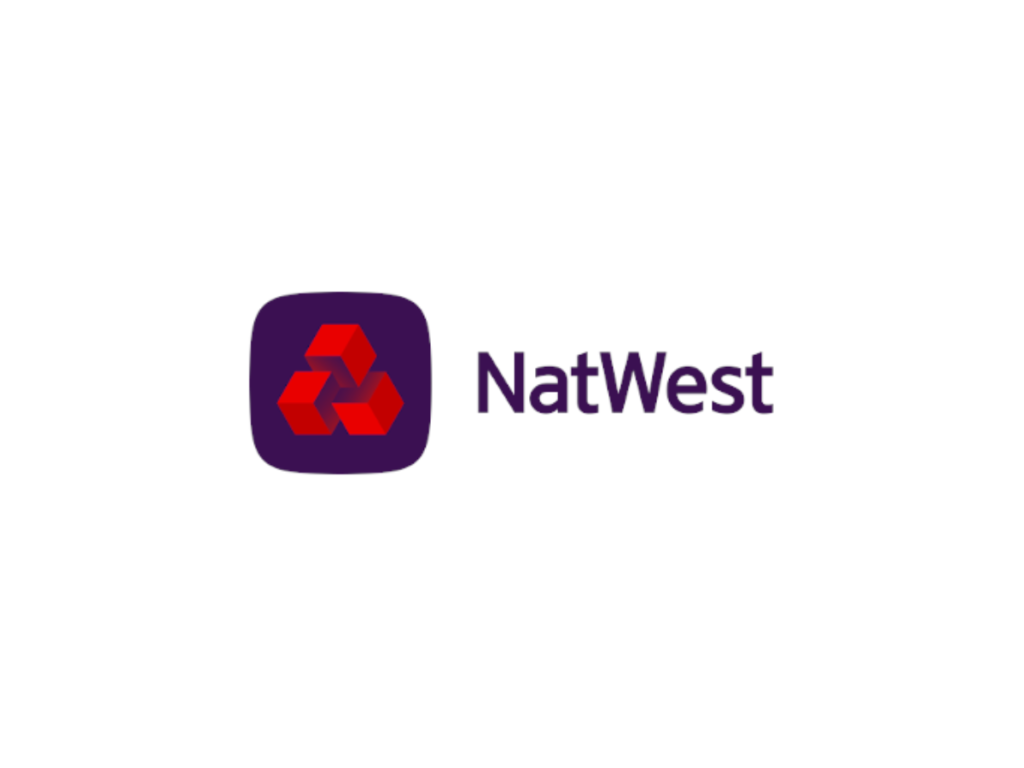NatWest Group has engaged Oxera, an economics and finance consulting firm, to identify obstacles hindering the growth of open banking.
The British banking and insurance holding company NatWest Group hired Oxera, an economics and finance consulting business, to identify some of the obstacles preventing open banking from taking off. The (Unmet) Potential of Open Banking, a report, also examines the creation of novel, creative use cases that go beyond the requirements of regulations.
Open banking has seen some success since its 2018 inception. To far, more than seven million companies and consumers have used it. This, however, only accounts for 10% of consumers and SMEs. By many orders of magnitude, more conventional payment methods like cards or direct debits outweigh open banking transactions.
The research analyzes the economic obstacles standing in the way of open banking’s potential. One of these is the absence of financial incentives for the creation or improvement of APIs, as well as a lack of agreement among ASPSPs (Account Servicing Payment Service Providers, or banks), on the advantages of open banking. The open banking ecosystem faces substantial difficulties in addressing trade-offs, such as those between convenience and security.
There are three ways to approach these problems moving forward. The first two are already being spoken about. The Oxera report offers a further third choice:
- Order banks to provide a greater variety of use cases: Increase the reach of open banking and mandate that banks freely disclose the essential data via APIs.
- Commercialized APIs: Through premium APIs, encourage banks to increase the use cases for open banking.
- A multi-party system: By creating fresh, adaptable frameworks for industry cooperation, we can encourage the emergence of multi-party systems with a financial incentive to expand the open banking ecosystem.
Deciding which path to take in each situation
According to the report, various open banking use cases may call for different approaches. Hybrid techniques may be advantageous for some use cases, such as requiring the creation of an API but leaving the commercialization to the banks or a multi-party system.
“This report makes clear that banks, fintechs, and regulators need to work together to design new, flexible frameworks and commercial incentives that will support a far wider range of open banking use cases,” said Claire Melling, head of bank of APIs at NatWest Group. By implementing the suggestions in this paper, we can help open banking realize all of its promise. As a result, we want to offer customers new and improved options that will enhance their experience.
The embedded finance platform’s chief product officer, Nima Montazeri, continued, “Open banking has the potential to enable quick access to money and help customers at critical times. The adoption of open banking technologies is revolutionizing the finance sector, and partnerships between fintechs and traditional banks have expanded significantly.
“Forcing banks to give a larger range of use cases through free APIs and commercialized premium APIs can help clients by giving a simplified financial experience, and it can also provide banks with an extra revenue stream. Furthermore, enabling multi-party systems through adaptable, cooperative frameworks can promote the expansion of the open banking ecosystem and open the door to more innovation.












